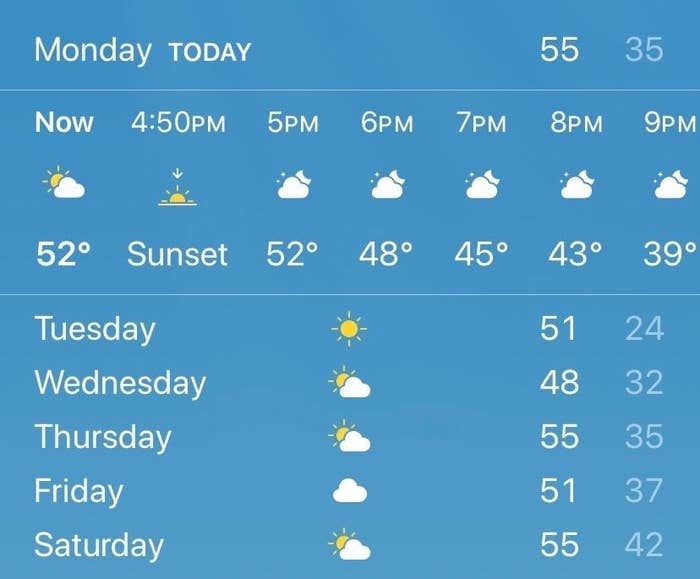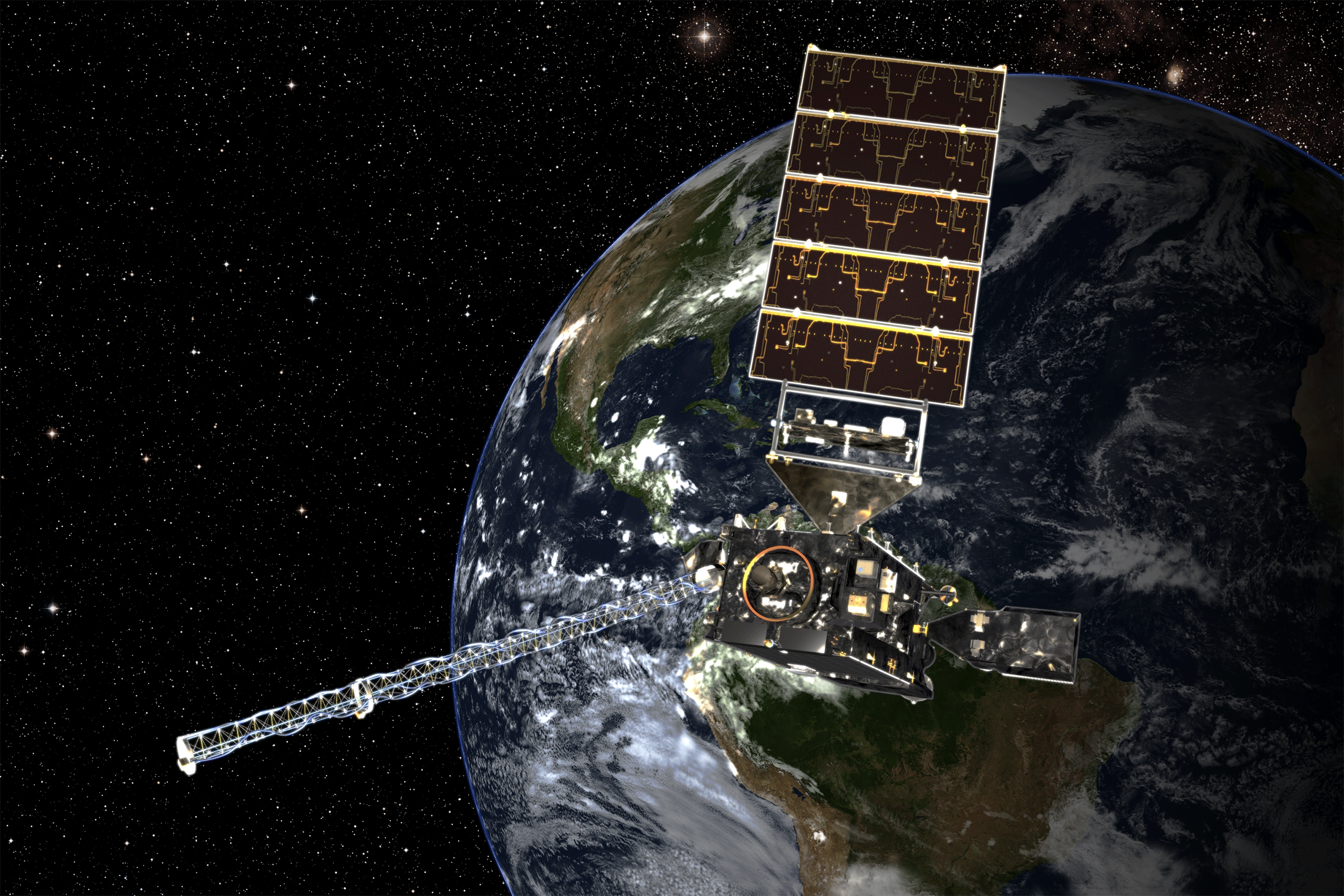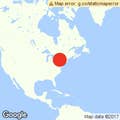
Deciding whether to pack an umbrella for a weekend away is going to get a lot more difficult in the near future. Next-generation “5G” wireless signals — promising faster, stronger cellphone service — are going to disrupt weather satellite forecasts, according to warnings by meteorologists, lawmakers, and federal science agencies.
5G has so far rolled out in about 40 countries worldwide, most notably South Korea and China, but also in dozens of US cities such as Cleveland and Columbus, Ohio, which Verizon added Monday.
“We are deeply concerned about the potential for degradation of our nation’s weather forecasts,” said a bipartisan Dec. 10 letter from the House Science Committee, calling for an investigation of a yearlong dispute between the Federal Communications Commission, charged with overseeing cellular signals, and the federal science agencies proclaiming a threat to US weather satellites. “Earth observing satellites are critically important for protecting the lives and property of the American people from severe weather.”
At the heart of the fight are scientific findings that a massive federal auction of airwaves to cellular providers will interfere with weather satellite measurements, wrecking the reliability of the forecasts needed to plant crops, ship goods globally, or simply plan ahead for a trip. Against that, the cellphone industry promises that 5G will be a $565 billion industry by 2034, making its adoption a priority of the Trump administration.
I want 5G, and even 6G, technology in the United States as soon as possible. It is far more powerful, faster, and smarter than the current standard. American companies must step up their efforts, or get left behind. There is no reason that we should be lagging behind on.........
This year the FCC auctioned off 24-gigahertz radio frequencies for 5G transmissions, perilously close to the 23.8-gigahertz frequency at which water vapor molecules vibrate in the atmosphere. Weather satellites continuously monitor that subtle signal of humidity, which is an essential ingredient for accurate weather forecasts. Cellphone antennas transmitting 5G signals near that frequency could cause confusion for weather satellites, essentially pouring a firehose of misinformation into the supercomputer models of Earth’s atmosphere running around the clock at weather centers worldwide.
“It’s just physics,” meteorologist Jordan Gerth of the University of Wisconsin, Madison, told BuzzFeed News. “You can’t just tell water molecules to change the channel, or use another frequency.”
Those weather models create the daily and 3- to 10-day forecasts that you see on the local news, while also predicting floods, storms, and hurricanes. More than 90% of their information comes from weather satellites. As 5G rolls out and spreads, weather forecasts will steadily become less reliable.
The FCC did not reply to a request for comment from BuzzFeed News. In an April letter, FCC chair Ajit Pai said that NASA and the National Oceanic and Atmospheric Administration, which had asked that the auction of frequency bands be delayed, were making “exaggerated and unverified last-minute assertions.” He noted that the agency’s auction of the frequencies to wireless providers garnered the US Treasury almost $2 billion.
In response, NOAA’s acting administrator, Neil Jacobs, told Congress that the interference would set US weather forecasts back to “somewhere around 1980,” reducing current three-day hurricane warnings to two-day ones.

Meteorologists are concerned the FCC’s rush to sell off frequencies will also open the door to selling other ones essential to weather satellites to detect rain, snow, temperature, clouds, and ice, Gerth said. “We need this data for climate science too,” he added.
Because the interference will be essentially random, built off cellphone traffic in constantly building and changing networks, there’s little chance that satellite operators will be able to screen the interference from their measurements in a systematic way. A system of switching off 5G signals over cities while weather satellites pass overhead could conceivably remove the noise if every wireless firm cooperated, Gerth suggested, but not without delivering a 5G blackout in a region while that happens.
Weather firms are nearly powerless in the fight against the wireless providers, AccuWeather forecasting manager Dan DePodwin told BuzzFeed News.
“We are significantly concerned about interference with weather forecasts or warnings,” said DePodwin, noting that the interference from 5G could disrupt “snow, storms, hurricanes, tornadoes, all kinds of severe weather warnings.”
The weather forecasting firm is also worried about a different set of frequencies under consideration for FCC auction: signals from streams, oceans, and seismic monitors on Earth that NOAA satellites transmit to emergency services, enabling warnings about tsunamis, floods, and earthquakes. “Seconds matter to our customers,” DePodwin said.
Did you hear how meteorologists were worried about 5G networks hurting #weather forecasts by interfering with satellite observations? Well, regulators just reached a final deal - and it's not good news for the weather world. https://t.co/SfrVugYy7W
At a November International Telecommunication Union conference in Egypt, nations from around the world agreed on standards for how much of a buffer water vapor measures should have from 5G signal interference. The agreement set a limit on interference between the FCC’s suggestion and what NOAA said was safe. That means there will still be significant disruption, said experts. The ITU agreement included continuing monitoring of interference, to be reevaluated when the conference reconvenes in 2023.
Despite the compromise, many weather experts warn that significant disruption will still occur.
“There will still likely be considerable interference once 5G networks become denser,” Renée Leduc of Narayan Strategy, a former NOAA official, told BuzzFeed News. “I would be extremely concerned for the future of weather models.”
The way that buffers have been allocated around frequencies in past international agreements doesn’t work well for weather satellites, which are passive detectors of very weak signals from molecules in clouds. The current system for allocating frequencies treats those molecules as FM radio station transmitters, rather than passive natural phenomena being blasted by 5G noise. Atmospheric scientists who understood this difference weren’t part of the FCC’s early discussions, which were primarily designed for collecting frequency auction money while keeping radio stations from bleeding into each other’s song lists.
“It looks like it is all about money,” Leduc said. “The emphasis seems to be whatever the US needs to beat China at 5G — with no argument, and no look at the consequences.”
For weather firms looking to roll out new 5G apps and services, the dispute is a painful one.
“We support 5G, we're fans of it,” said AccuWeather’s DePodwin. But he added that his firm was just a bigger fan of accurate storm warnings.

